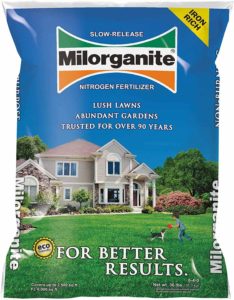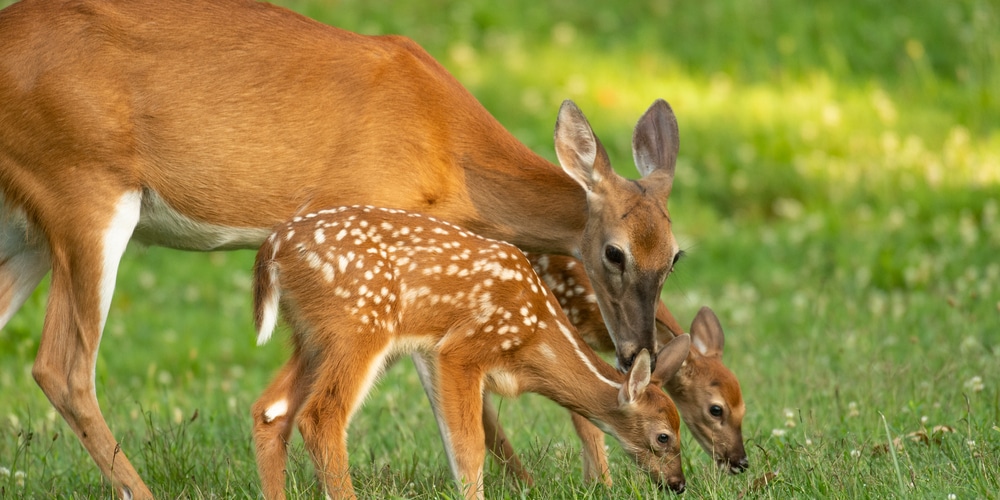Deers are cute but can be a big nuisance in the garden. While many products on the market promise to keep deer away from plants, some of these products can be expensive and chemical-laden. If you’re looking for an organic or cheaper option, Milorganite may be worth trying as a deer repellent.
But does it work? Keep reading to find out!
What Is Milorganite?
Milorganite is a brand of fertilizer made from heat-dried microbes that have digested organic matter. It is a slow-release fertilizer, which continues to release nutrients over time instead of all at once.
Milorganite is popular among gardeners because it is safe to use around children and pets and can be used on lawns and gardens. It is also an organic fertilizer, which means it is made from natural ingredients and does not contain synthetic chemicals.
While Milorganite is not the cheapest fertilizer on the market, many gardeners feel that it is worth the price for its quality and safety.
Does Milorganite Work As Deer Repellant?
For gardeners, few things are as frustrating as finding your hard work destroyed by deer. These clever creatures can jump high fences and tear through thickets of brush, wreaking havoc on your flowers, vegetables, and shrubs. In desperation, many gardeners turn to deer repellents to keep these pests at bay. But does Milorganite work as a deer repellent?
The short answer is yes, Milorganite can effectively deter deer from entering your property. This organic fertilizer is made from heat-dried microbes collected from sewage treatment plants.
Although the thought of using sewage sludge as a fertilizer may not be appealing, Milorganite is safe for use around children and pets. When applied to the soil, it releases a strong odor that deer find unpleasant. Additionally, the scent can last several weeks, providing long-lasting protection for your garden.
The only noticeable con of using Milorganite is frequent application is needed. If you live in an area with a high deer population, you may need to reapply Milorganite every two weeks to keep the scent strong enough to deter these pests. While this can be a bit of a hassle, many gardeners find that the protection it provides is well worth the effort.
Alternative Deer Repellants
Many alternative deer repellents are on the market, but how effective are they? Here is a list of some popular alternatives to Milorganite and how well they work:
Deer Fence
No matter what type of deer repellent you use, erecting a fence is the best way to keep deer out of your yard. A fence will not only keep deer out, but it will also keep other animals from entering your property.
There are many different types of fences available on the market, so you should be able to find one that meets your needs.
Motion-Activated Sprinklers
If you have a deer problem in your garden, one possible solution is to install motion-activated sprinklers. These devices will spray water at any animals that come into their range, startling them and deterring them from returning.
Motion-activated sprinklers are an effective way to keep deer out of your yard without using chemicals or causing harm to the animals.
Predator’s Poop And Pee
Another popular deer repellent is predator’s poop and pee. This method involves using the waste products of predators such as coyotes, foxes, and bobcats to deter deer from entering your property.
The theory is that the scent of these predators will scare away deer, as they will associate the smell with danger. While this method may work for some gardeners, it is not for everyone.
Milorganite Deer Repellent: The Verdict
If you’re looking for an effective and affordable deer repellent, Milorganite is worth trying. This organic fertilizer releases a strong odor that deer find unpleasant, and it can last for several weeks with each application.
While no repellent is guaranteed to work 100% of the time, Milorganite can help discourage deer from entering your property and damaging your plants.

